Data Governance: Best Practice for Large Events
)
In today's digital age, data is king. Key to the growth and future sustainability of any large event, the information that you collect and retain increasingly forms the lifeblood of any conference or trade show.
Your data is absolutely critical for understanding attendee behaviour, measuring event performance, and optimising event marketing strategies. From delegate registration to sponsor engagement, lead generation to exhibitor services, data plays an ever more crucial role in driving event success and achieving strategic objectives.
Through implementing optimal processes to manage your data, employing well thought-out frameworks to oversee your data and by making best use of efficient methodologies to analyse your data, it’s possible to draw out deeper insight to empower your decision-making and realise far greater potentials in your service delivery.
However, with great data comes great responsibility, and it's also important to consider best practice in your data governance to ensure its accuracy, integrity and relevance, as well as its security and regulatory compliance. Here are some pertinent tips to get you started on the path towards effective data governance for your events:
1. Review Your Data Strategy
To make sure that you’re collecting the right data in the best way for your event, it’s vital to review your data strategy. This means looking into your current approach and seeing how well it aligns with your overarching business objectives. Identify all of your existing and potential data sources, determine whether your data policies and processes are fit for purpose, and evaluate your data quality standards. Consider the types of data you need to collect that go beyond the obvious, such as registration and attendance data, and into areas that could yield unexpected insight, such as demographic and behavioural data.
2. Collect Accurate & Relevant Data
Proper care and attention given to exactly what data you’re collecting is essential for effective data governance. Think about what types of data are most important to you and put in place processes that improve how they are collected as consistently as possible. In this you should prioritise data that is relevant to your sales and marketing goals, and avoid collecting unnecessary or redundant data that could compromise the collection of more relevant data.
3. Define your Data Governance Policies
Defining your data governance policies is fundamental to harnessing the true power of your data. Identify who is responsible for managing your data, what data you collect and why, and how you use and share your data. You should also establish clear guidelines for data quality, security, and privacy, and invest time and effort in making sure that all stakeholders are properly aware of your policies and procedures.
4. Secure & Protect Your Data
Although readily apparent, this is another key aspect of data governance that all too easily gets overlooked. Care should be taken in regularly assessing and upgrading your security measures to safeguard your data. Beyond normal defences such as firewalls and encryption, special attention should be given to access controls and permissions to prevent data breaches. You should also be certain that your data is backed up regularly and that you have a plan in place to recover data in the event of a disaster.
5. Comply with Relevant Regulations
Compliance with data privacy regulations is a necessary part of comprehensive data governance. Understanding and complying with applicable laws and regulations such as GDPR and verifying that your data collection and processing practices are transparent and lawful is imperative to avoiding legal issues and fines. This also means obtaining consent from everyone participating in your events and providing them with clear and concise privacy notices.
6. Use Data to Target Your Sales & Marketing
Effective data governance should be aimed at using your data to optimise your sales and event marketing strategies. By analysing your data to identify patterns, trends, and insights that can better inform your decision-making, you will be better placed to develop and improve your approach. Data can also be used to measure the effectiveness of your promotional campaigns, sales conversions, and visitor and exhibitor engagement. By learning how to use data effectively you can identify areas for improvement in all of these areas, maximising the ROI of your events.
7. Analyse & Act on Your Data
Last but not least, it is worth stressing the importance of actually acting on the insight drawn out of your data to drive your business forward and improve your future events. Leveraging data analytics tools and techniques to extract underlying trends and broaden your awareness of the markets and industries that your events operate within can help you to upgrade the effectiveness of your strategy, increase participant engagement, and power further revenue growth.
In all, in a world where the advance of technology is seemingly exponential, effective data governance is pivotal to the success of your future events, and your business as a whole. By reviewing your data strategy, collecting accurate and relevant data, defining your data governance policies, securing and protecting your data, complying with relevant regulations, and using data to optimise your sales and marketing strategies, you can have confidence that your events are data-driven and future-proofed.
If you need any assistance with your getting to grips with your data, please don't hesitate to contact TEMBO REFRESH. We have the knowledge, experience, and dedication to help you maximise the impact of your data, and your events.
Author: Dan Scrimgeour, TEMBO REFRESH Consultant



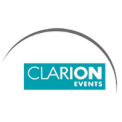


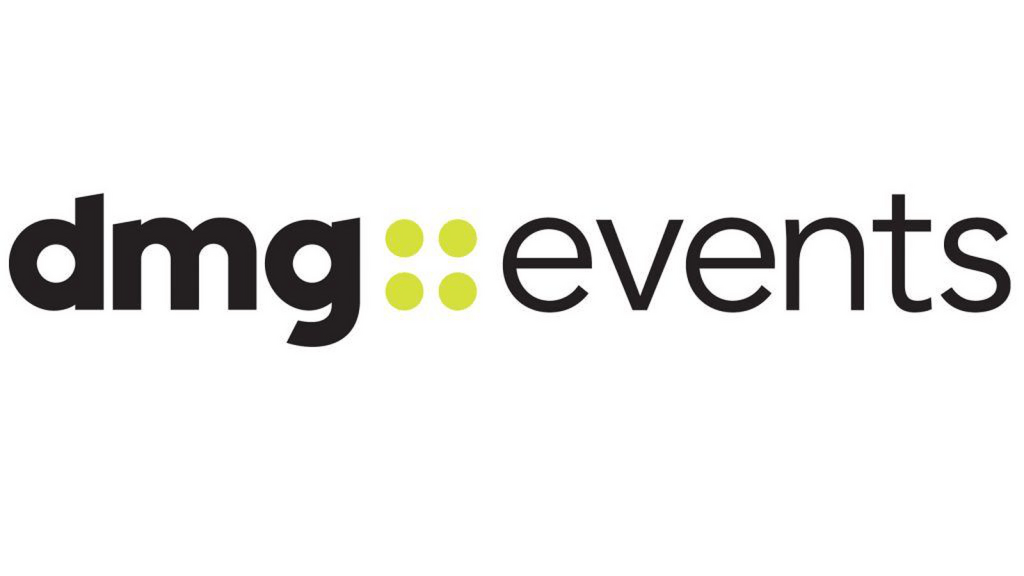

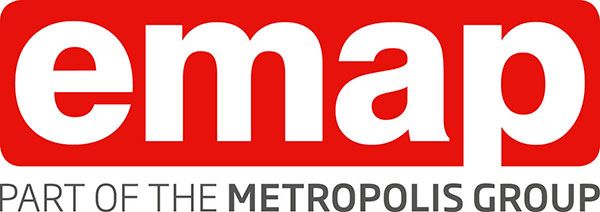

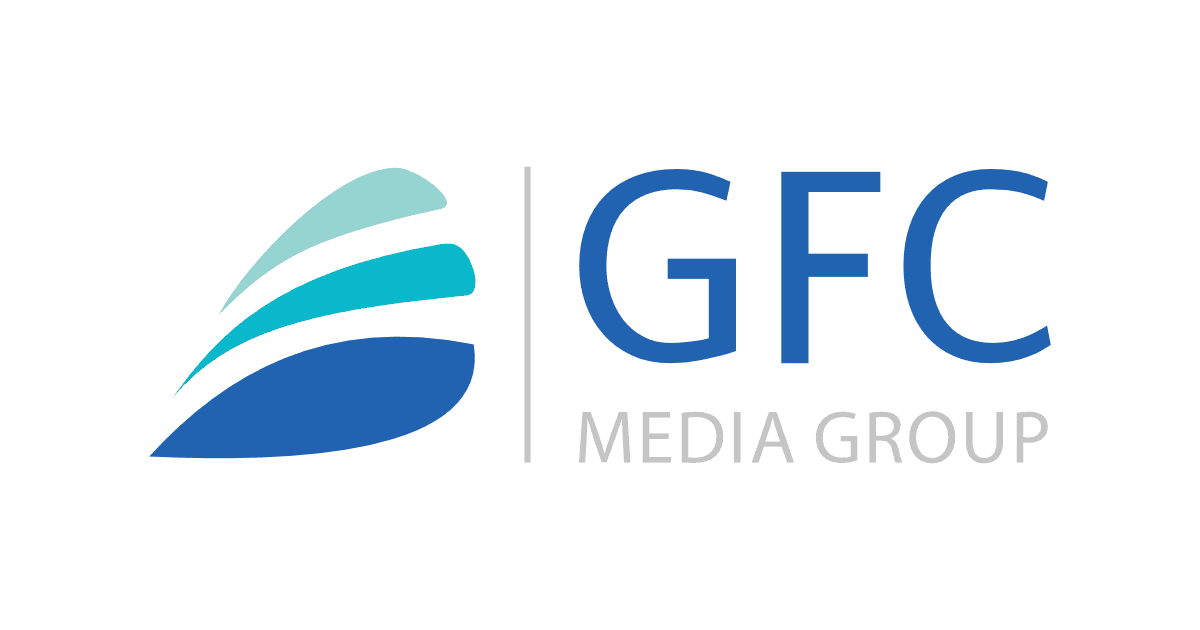

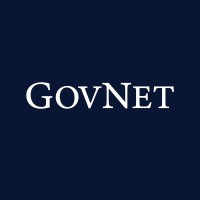


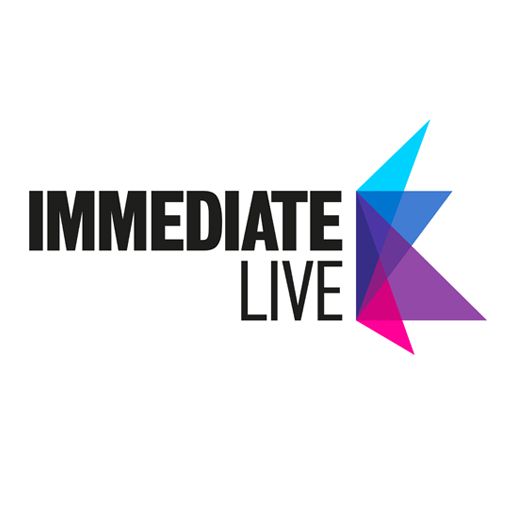











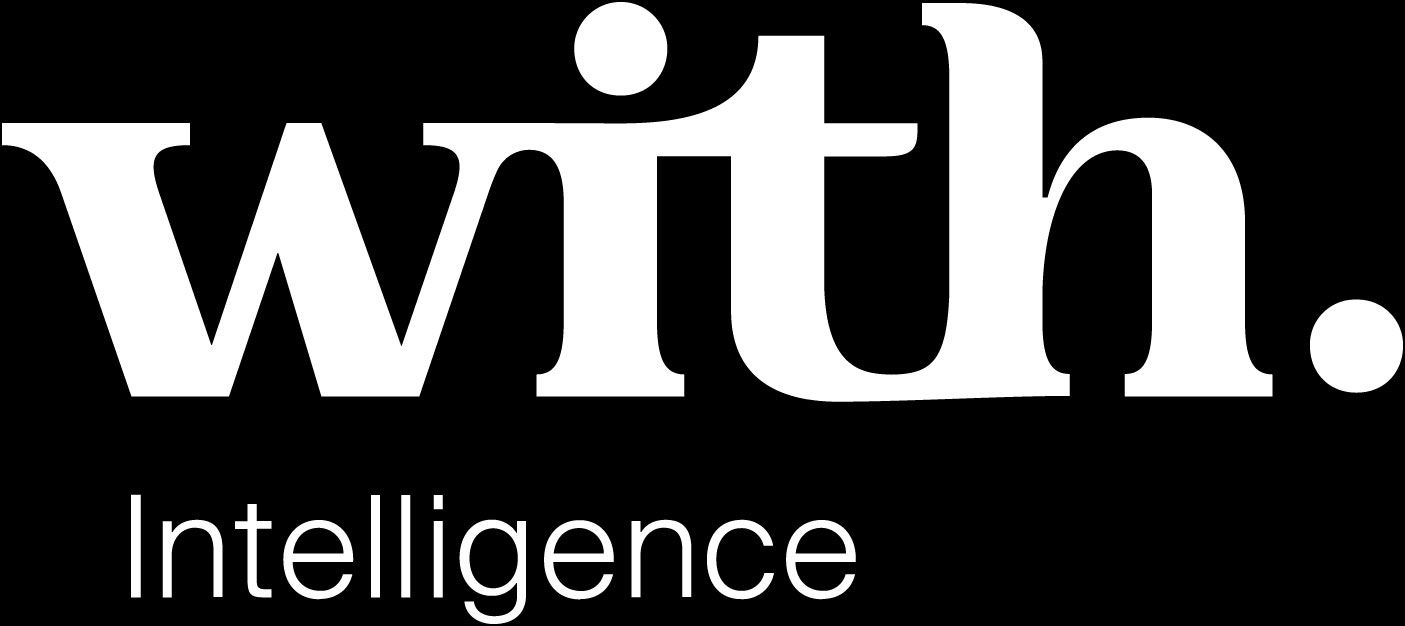

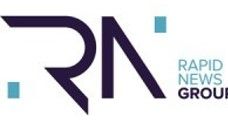



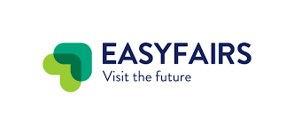








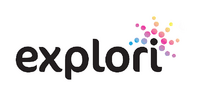


.jpg)




